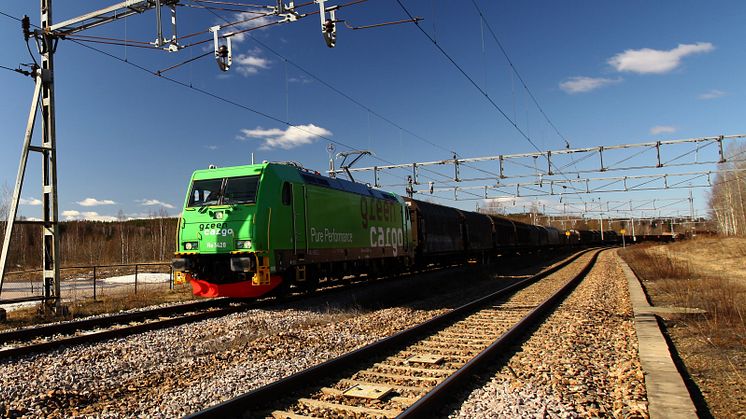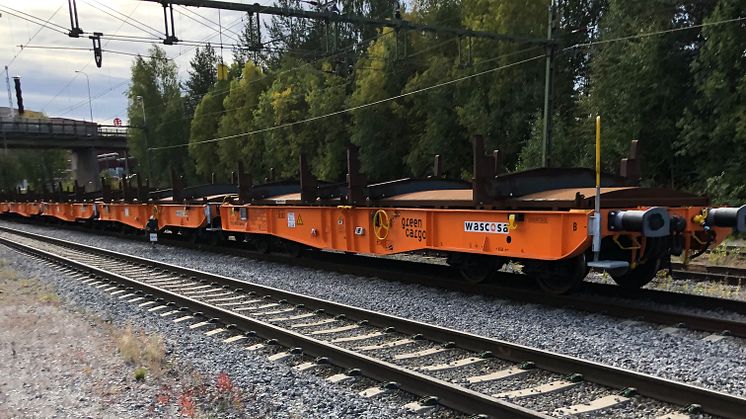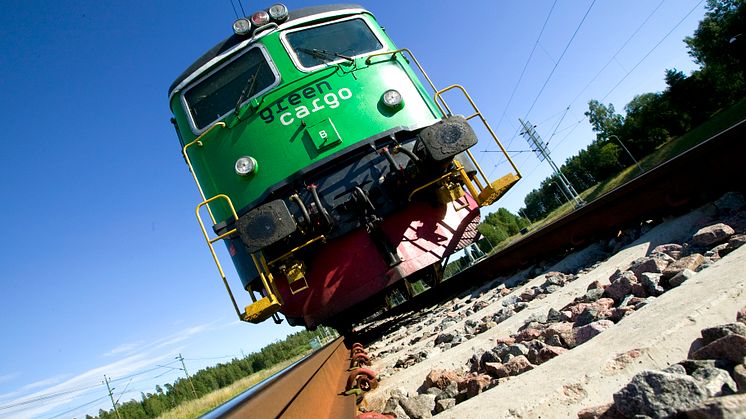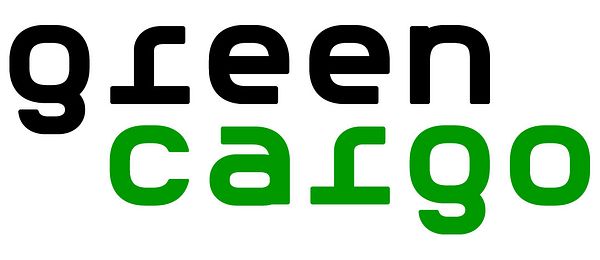
Green Cargo and SSAB renew three-year agreement
SSAB and Green Cargo extend their partnership encompassing shipments of some 700,000 tonnes of finished goods each year from SSAB’s plants in Borlänge and Oxelösund to customers in Sweden and Denmark. The logistics solution, which comprises steel coil and cut lengths of sheet steel, is conducted through Green Cargo’s wagon load network. The new three-year agreement started on January 1, 2021.


